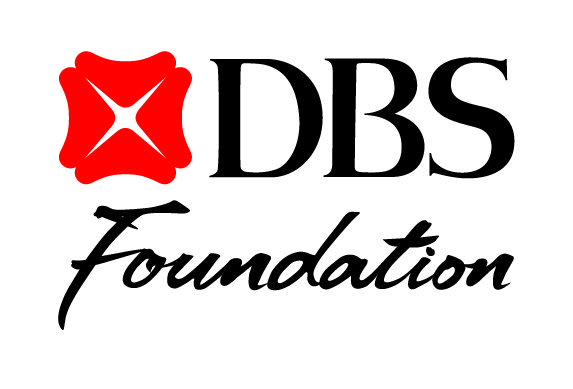Zaya adopts design-thinking approaches to create scalable solutions centered on the learner
who we are
Zaya is a product development organisation that specialises in creating products for the education sector. We aim to build products and solutions that succeed - which is why we always design with end-users in mind. Whether custom built products for clients or our own - we believe in placing the user at the center of everything we do.
We design and build mobile applications, web platforms and hardware-based systems for organisations focused on education and learning. We also provide advisory and consulting services and support research initiatives to drive innovation within the sector.
a teacher for every learner
We aim to build systems that increase efficiency, accelerate professional learning and empower learners.
Our journey
Zaya’s journey began with a mission to change the education landscape in India by developing high-quality learning products for schools located in remote regions of the country - most of whom are not connected to the internet.
That was more than six years ago. Since then, we’ve expanded our mission to include advising and developing customised technology for organisations working in the sector. Over the years, we’ve learnt that in order to drive innovation and build products that improve efficiency - we need to focus on people.
Our donors and supporters
Our unique approach to problem-solving lies in always putting the learner first. Whether teacher, administrator or coach - we believe in building products that empower their work, improves their daily experience and helps them learn and grow.
















